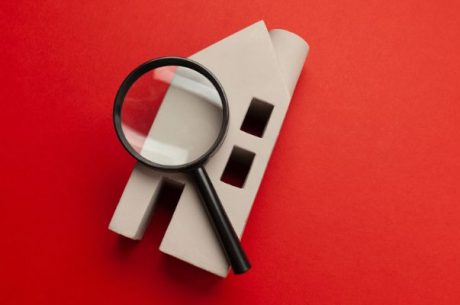Chicagoland is a vibrant hub of commerce and culture, known for its stunning architecture, and boasts a uniquely appealing blend of metropolitan living and lush lakeside communities.
However, this dynamic environment also presents a distinct set of disaster risks, from fierce seasonal storms to severe heat waves, terrorist attacks, and urban flooding. While some of these hazards are natural, others are man-made, but all require careful planning and preparation to minimize their impact.
Having a strategy in place and being ready to respond can help property owners protect their homes, businesses, and families during times of crisis. Let’s explore what you can do to save lives, minimize damage, and enhance the effectiveness of recovery.
Weather Extremes: A Constant Threat
The city’s location on former swampland along the shores of mighty Lake Michigan regularly places it in the path of severe weather, including tornadoes, floods, and deadly winter and summer storms. These events can cause significant property damage, disrupt utilities, and pose serious dangers to local residents.
In the winter, heavy snow accumulation can stress roof structures, while rapid freeze-thaw cycles create dangerous ice dams. These rooftop formations trap melting snow, forcing water under shingles and causing extensive interior water damage. Additionally, prolonged sub-zero temperatures can lead to frozen pipes, which may burst and flood indoor spaces.
While tornadoes are not a daily concern, they do make their presence known in the spring and summer months. Chicagoland is becoming part of “Tornado Alley,” where thunderstorms can quickly escalate into dangerous twisters. Tornadoes can cause catastrophic damage to your property, particularly when high winds uproot trees, shatter windows, and rip apart buildings.
Unusually strong thunderstorms bring drenching precipitation that can overload aging municipal infrastructure. Many Chicago properties face a higher flood risk than official FEMA flood maps suggest, with some studies predicting that 41.5% of all properties in Chicago are at risk of flooding in the next 30 years.
Unseen Dangers
Mold can thrive in humid, damp conditions often created by flooding, leaks, or high moisture, and frequently lurks in hidden areas like basements, cabinets, or walls.
While it’s easy to think of mold as simply an unsightly nuisance, it can be much more dangerous. Mold spores can spread quickly and lead to respiratory problems, especially for those with asthma, allergies, or compromised immune systems.
Biohazard incidents, such as those stemming from crime scenes, hoarding situations, or traumatic events, can be deeply distressing as well as hazardous to your health. Exposure to blood, bodily fluids, and pathogens can result in serious illnesses, making it essential to take proper precautions during cleanup and restoration.
Chicagoland’s thousands of historic homes, while beautiful, present a variety of hidden fire risks. Many vintage buildings feature wooden frame construction and outdated electrical systems. Modern developments also face fire safety challenges from high-density living and interconnected building systems.
Take Steps to Protect Your Property Today
Creating a comprehensive emergency response plan is essential for both homeowners and commercial enterprises. This plan should include:
- Emergency contact information for everyone in your household or business
- Evacuation procedures
- Documentation of valuable assets
- Insurance policy details
- Professional restoration service information
- An emergency kit containing essential supplies such as water, non-perishable food, first-aid supplies, flashlights, batteries, and a portable radio
In addition, you should regularly conduct thorough inspections of your property, checking for potential warning signs such as faulty wiring, roof leaks, and mold growth. Check your gutters and ensure you have adequate drainage routed away from any buildings on your property.
Install smoke detectors on every floor of your home and in every bedroom. Keep fire extinguishers in key areas like the kitchen and garage. Ensure that your chimney is professionally cleaned and inspected annually, and never leave cooking equipment unattended. If you live in a rural area that may be at risk for wildfires, make sure to clear flammable vegetation and dead branches from around your house and outbuildings.
Investing in smart prevention technology could also save you from the hassle and expense of a flooded basement, which is becoming a more common occurrence in the Chicago area. Installing French drains and sump pumps can help you divert water away from your home and remove excess water before it damages your foundation.
Install impact-resistant windows, doors, and garage doors, which can mitigate high winds and hail while protecting your loved ones and possessions from intruders, noise pollution, and heat loss.
Preventative maintenance is the key to being prepared for whatever the future holds and ensuring Chicagoland property owners can recover and get back to normal as soon as possible. The experts at PuroClean of Evanston are here to help — save our contact info today!




 PuroClean of Evanston
PuroClean of Evanston